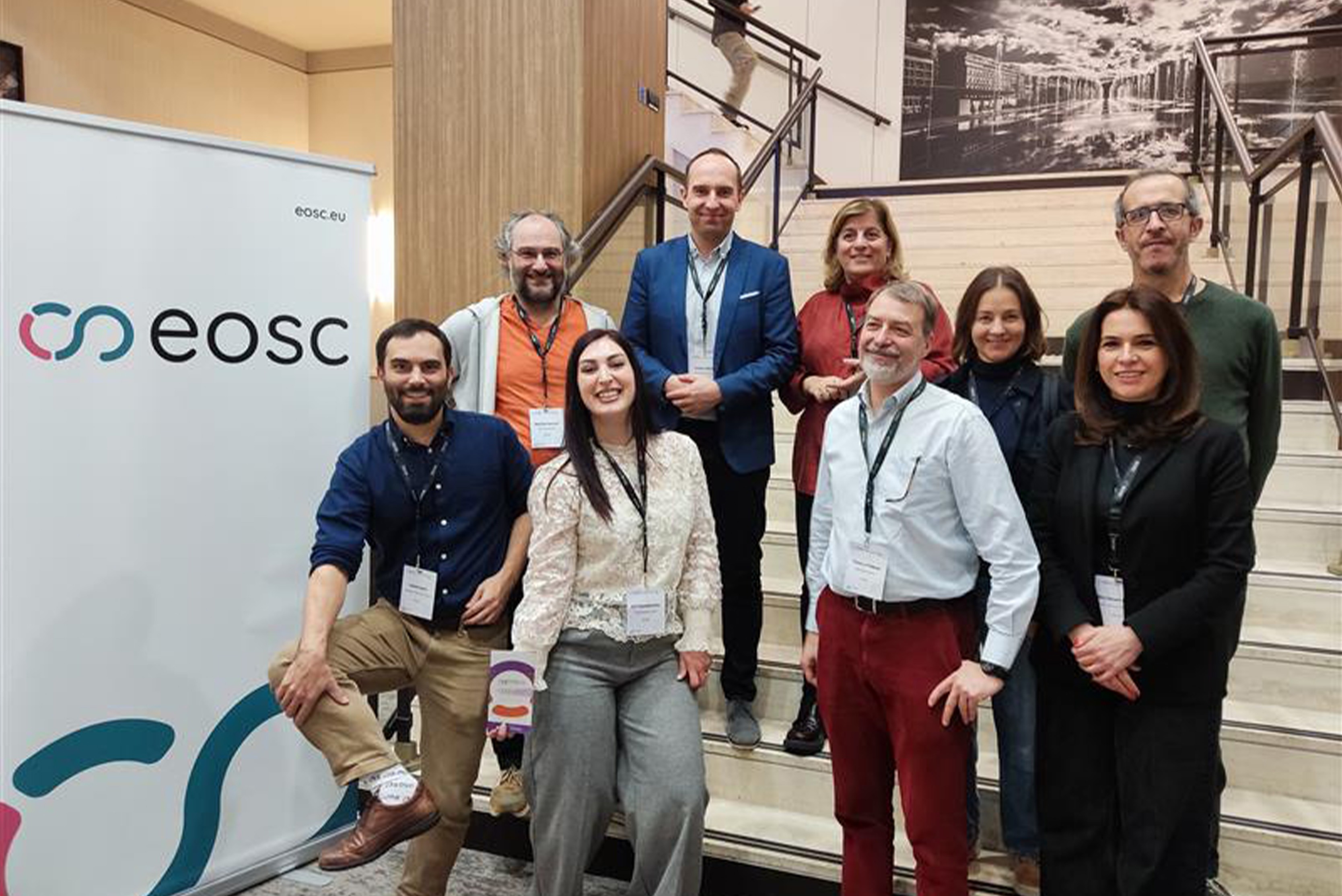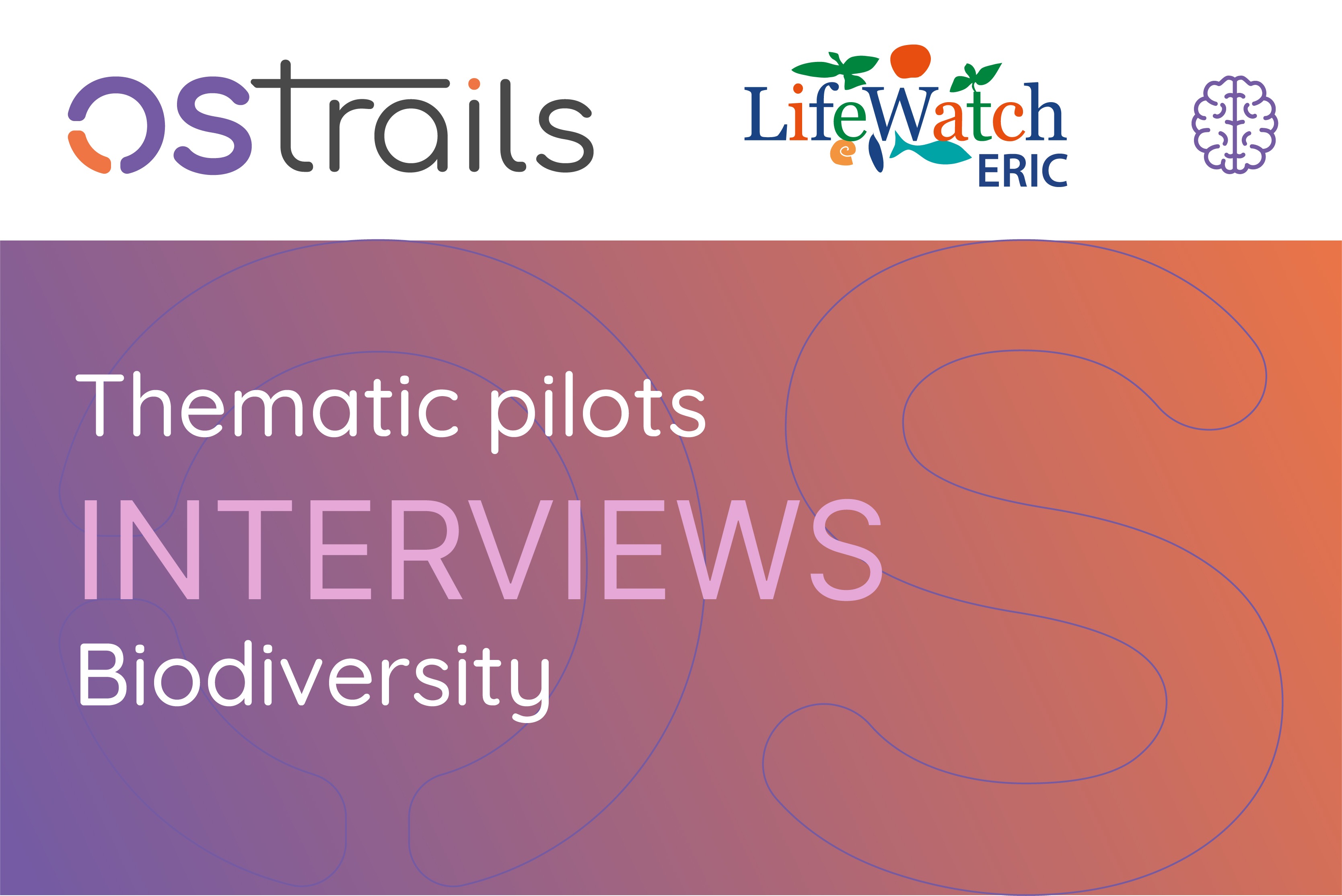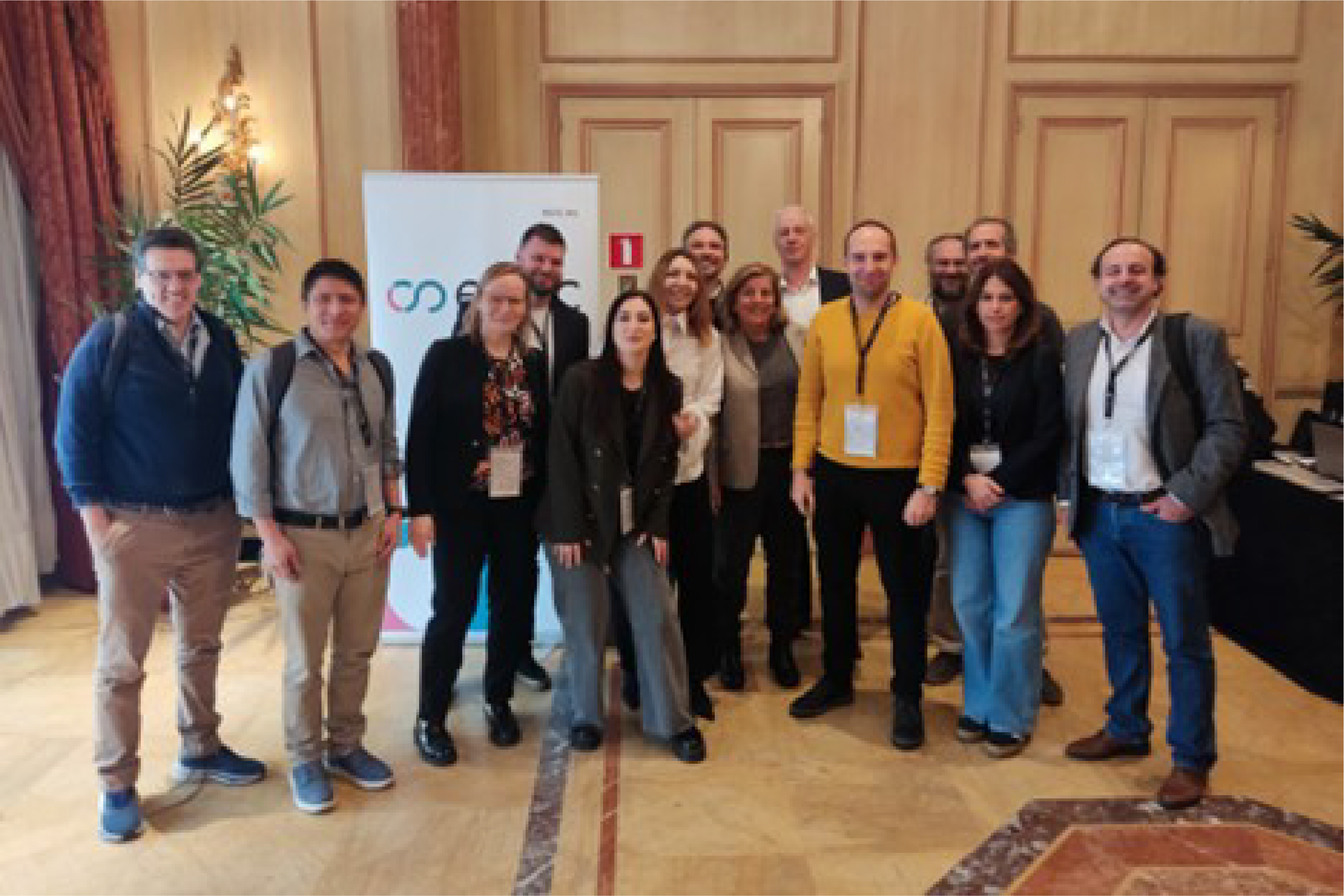Read the National Pilot Interview from Finland and explore all the progress of OSTrails pilot studies. Check the latest on their national activities and learn how they’re progressing with the integration of open science and research assessment. This month we had the pleasure of discussing with Johanna Laiho Kauranne from CSC-IT Center for Science. Enjoy!
National Pilot Interview Finland
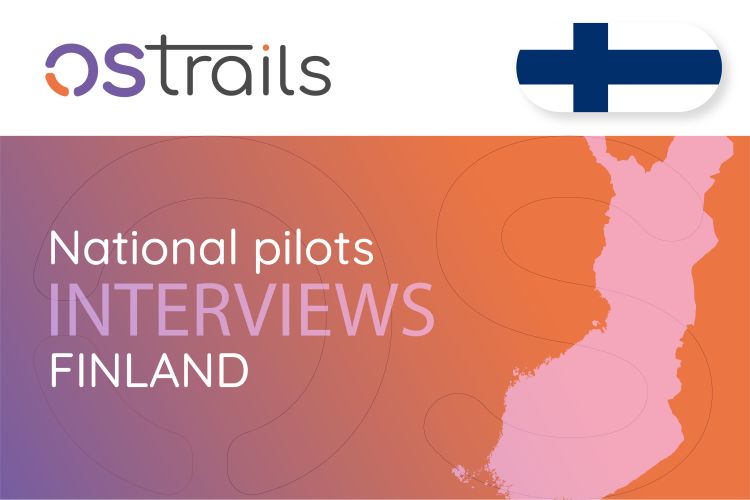
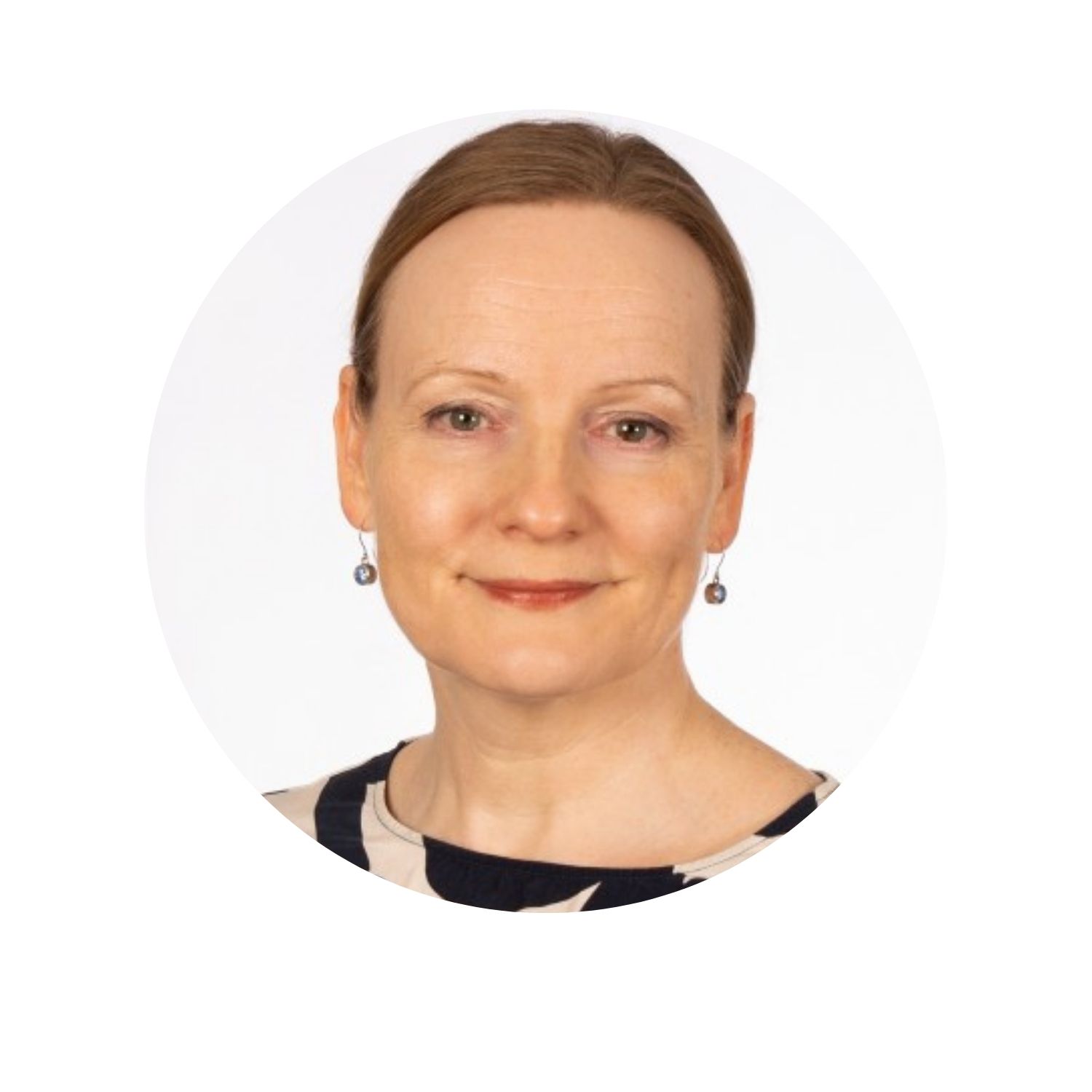 - Johanna Laiho Kauranne
- Johanna Laiho Kauranne
"Our stakeholders have warmly welcomed the EU OSTrails national pilot in Finland. It has brought together many research data management experts from the Finnish academia. Through online webinars, we are addressing crucial questions on leveraging machine-actionability to support researchers and research groups. I am confident that, with increased cooperation with DMP tool providers and following the Salzburg Manifesto, we will achieve significant advancements in research data management with machine-actionable DMPs."
-Can you briefly introduce your organisation? How does it contribute to EOSC?
CSC is a prominent leader in research data management and computing ecosystems, with a multifaced and impactful contribution to the EOSC framework. Leveraging its expertise, international cooperation, and infrastructure, CSC promotes the use of large datasets, AI methods, and high-performance computing, while supporting national objectives and the European Green Deal with low-carbon solutions.
In addition, it actively contributes to EOSC goals, by participating in numerous projects (e.g. FAIRCORE4EOSC, FAIR-Impact, Skills4EOSC, COARA, and OScARS), supporting EOSC in providing FAIR data services, and mainly by incorporating EOSC aims into its strategic targets. The key outcome of this engagement includes the EOSC Secretariat studies on Innovative business models, rules of participation, and framework for sustainable governance as well as EOSC-Hub integration and management system comprised of a catalogue of services, software and data from the EGI Federation, EUDAT CDI, INDIGO-DataCloud and major research e-infrastructures.
CSC helps its customers open and disseminate their data and data resources for use by research and education, individuals and society as required by the nature of the data. Our services are used to make open data available, protect sensitive and licensed data, manage continuous data flows, and store unique data so that it is properly accessible. We provide support for securing the quality of data throughout its entire lifecycle.
-What are you most excited about in OSTrails? What are you looking forward to?
OSTrails brings together 38 partners and affiliates from 17 EU countries to work on developing tools for FAIRness in EOSC. We are excited about the opportunity to co-create machine-actionable Data management plans (maDMPs) together with the tool providers benchmarking the national, science specific and EU Horizon needs. This intensive co-development is needed and will facilitate better controlling and empowering support for research.
We are looking forward to benchmarking with the national pilots (15 in total) and linking also with the 9 thematic pilots across scientific fields on the use cases and implementation of machine actionable DMPs. We consider it is also important to note that there is a Horizon Europe pilot on the project. The co-development of the pilots and the development of infrastructure and technical tools will be exciting, and the start of the project is already very promising, as we are confident, we will reach our goals within the 3 years. We are also thrilled that there will be a greater increase in awareness of the SKG graphs and further development of FAIR metrics.
-OSTrails is all about planning, tracking and assessing research. How are these being realised in your country?
Planning and tracking are conducted in various ways depending on the research performing institutions, requirements by the funding instruments and scientific areas. Research organizations have their own support services, and CSC facilitates generic support e.g. for data stewards. Also, linkages to large research programmes have their specific tracking and assessment procedures.
There is genuine interest in enhancing the machine actionability and interoperability of systems to decrease the amount of manual reporting in tracking and assessing research thus lightening the administrative load.
The Finnish Research Information Hub has been created to provide high quality data for the needs of science policy and help funders and research organizations to gain access and report research outputs and activities. Research.fi, offered by the Ministry of Education and Culture, collects and shares information on research conducted in Finland. The service improves the findability and reuse of research information and experts on research and increases the visibility and societal impact of Finnish research. Submitting information is mainly voluntary. Only the submission of publication information is mandatory for higher education institutions. Ongoing efforts by Research.fi are underway, seeking to enhance the quality and interoperability of metadata and to include new data sources. Currently, a planned project aims to better integrate all funding, activities, and results related to research projects in Finland.
-Can you provide some details on the main actors, services and priorities of your pilot? How will the results of OSTrails be adopted by your pilot?
The ambition of the National Pilot in Finland is to develop a national machine-actionable data management plan (maDMP) template for national funders and local infrastructure (PIDs, CRIS, repositories) taking into account EU DMP templates (e.g. ERC, Horizon and Science Europe) as well as RDA standard. Our target is that 60 national organizations will find the usage of the maDMP template to bring efficiencies in research data management.
To succeed in this, we engage openly all Finnish Academic research organisations in our National Pilot in Finland. We collect use cases to digitalize the research data management process to better serve researchers, research institutes and research funders. We also assess the RDA maDMP Standard and examine if there are essential areas that should be included and better highlighted, and more importantly what data could be structural to support efficient flow of information.
-How about the next steps? What can we expect moving forward?
We have already presented the OSTrails project and pilot in the FAIR-Impact National Roadshow event in Finland on the 17th of May, and it is time to review it and head towards planning future actions.
Now, we are planning the next national pilot webinar in Finland that will take place on the 6th of June, in which we will have presentations from our national partners on the development needs for maDMPs and interactive sessions for clarifying information content of maDMPs.

